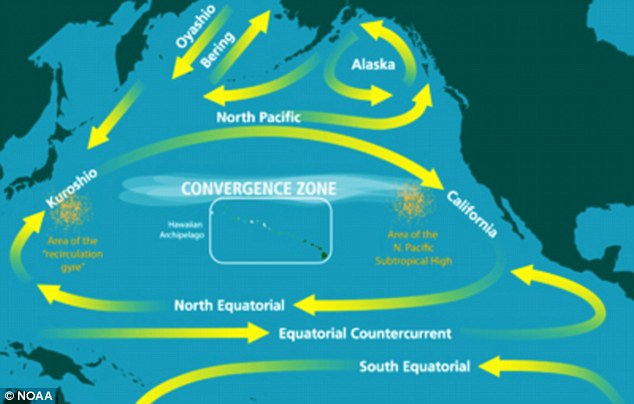 Never in the history of humankind has the planet been confronted with such a grave set of circumstances. Fukushima represents all that can go wrong when scientific applications and technological advancement within a crude industrial context have gone awry. Unfortunately, given the many trajectories that numerous fields of technological innovation are currently on, Fukushima and the BP Gulf oil spill of 2012 may only be the beginning of an accelerating period of technospheric breakdown which will plague the Earth.
Never in the history of humankind has the planet been confronted with such a grave set of circumstances. Fukushima represents all that can go wrong when scientific applications and technological advancement within a crude industrial context have gone awry. Unfortunately, given the many trajectories that numerous fields of technological innovation are currently on, Fukushima and the BP Gulf oil spill of 2012 may only be the beginning of an accelerating period of technospheric breakdown which will plague the Earth.
“Quite purposefully, no one ever stopped to consider the obvious and far-reaching ramifications of constructing 55 nuclear reactors on the most seismically active piece of property on planet Earth! And, that doesn’t count another 12 reactors in various stages of planning or development.”
Japan has clearly shown that this disaster is way beyond their ability to manage and capacity to address in any meaningful way. Their entire culture seems to ensure that the real problems will be constantly swept under the rug. The problem this time around is that there may be no rug soon to sweep it under.

 Environmental Glance
Environmental Glance No farmer in their right mind wants to poison pollinators. When I spoke with one Iowa corn farmer in January and told him about the upcoming release of a Purdue study confirming corn as a major pesticide exposure route for bees, his face dropped with worn exasperation. He looked down for a moment, sighed and said, "You know, I held out for years on buying them GE [genetically modified or engineered] seeds, but now I can't get conventional seeds anymore. They just don't carry 'em."
No farmer in their right mind wants to poison pollinators. When I spoke with one Iowa corn farmer in January and told him about the upcoming release of a Purdue study confirming corn as a major pesticide exposure route for bees, his face dropped with worn exasperation. He looked down for a moment, sighed and said, "You know, I held out for years on buying them GE [genetically modified or engineered] seeds, but now I can't get conventional seeds anymore. They just don't carry 'em." The last 60 years have been the hottest in Australasia for a millennium and cannot be explained by natural causes, according to a new report by scientists that supports the case for a reduction in manmade carbon emissions.
The last 60 years have been the hottest in Australasia for a millennium and cannot be explained by natural causes, according to a new report by scientists that supports the case for a reduction in manmade carbon emissions.
 Hundreds of species of mammals in the Western Hemisphere may not be able to migrate with the projected speed of climate change, according to a new study released Monday.
Hundreds of species of mammals in the Western Hemisphere may not be able to migrate with the projected speed of climate change, according to a new study released Monday. In Pennsylvania, there's an industrial revolution going on. Battalions of drilling rigs are boring into the earth to extract natural gas from an underground layer of shale called the Marcellus formation.
In Pennsylvania, there's an industrial revolution going on. Battalions of drilling rigs are boring into the earth to extract natural gas from an underground layer of shale called the Marcellus formation. From water worries to well blowouts, the inherent risks of oil and gas extraction are often played down by those in the business. But another group of profit-seekers has every reason to keep a close eye on dangers for drillers: their insurers.
From water worries to well blowouts, the inherent risks of oil and gas extraction are often played down by those in the business. But another group of profit-seekers has every reason to keep a close eye on dangers for drillers: their insurers.






























